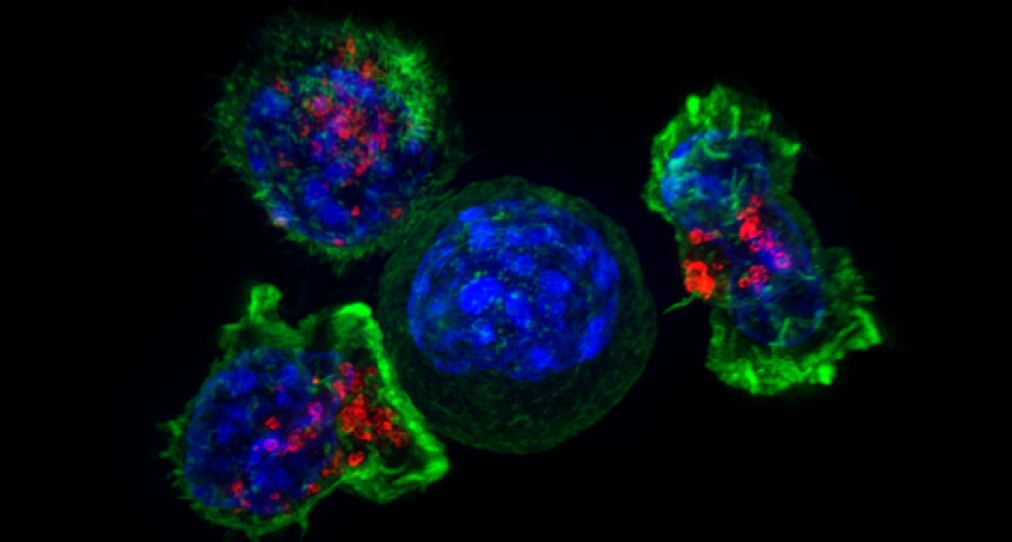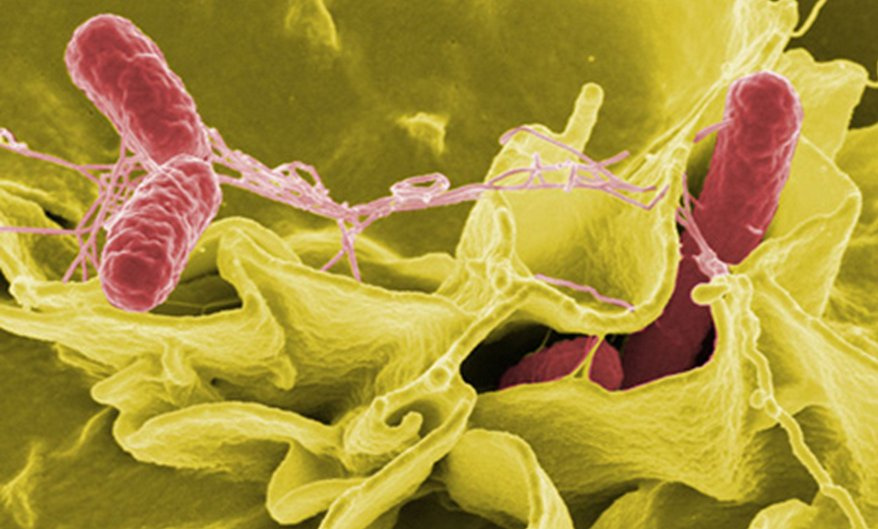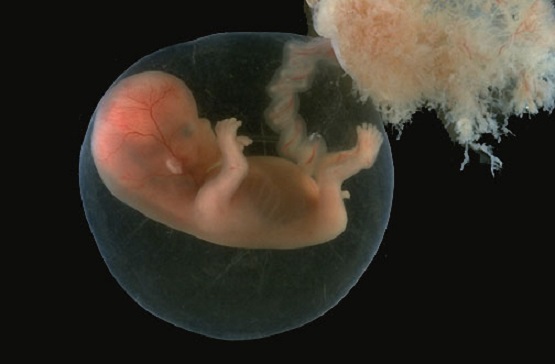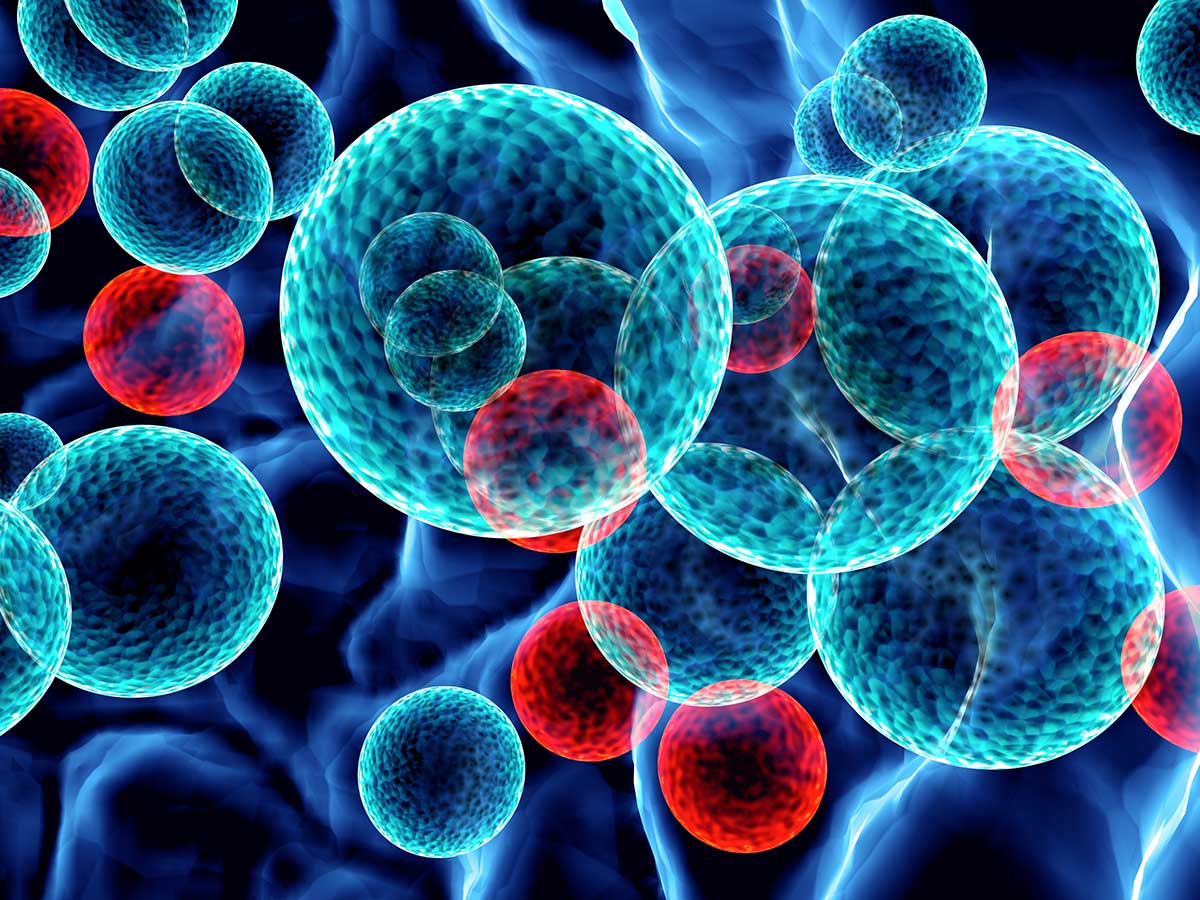The paradoxical role of obesity in immunotherapy response
Obesity is a major risk factor for cancer as it both feeds tumors and weakens the immune system. It also increases toxicities of immunotherapy treatments. It is hard to imagine that anything good could ever come from obesity. Yet a new research published on Nature Medicine suggests that obese patients respond better than others to immunotherapy. What is behind this paradoxical effect?










